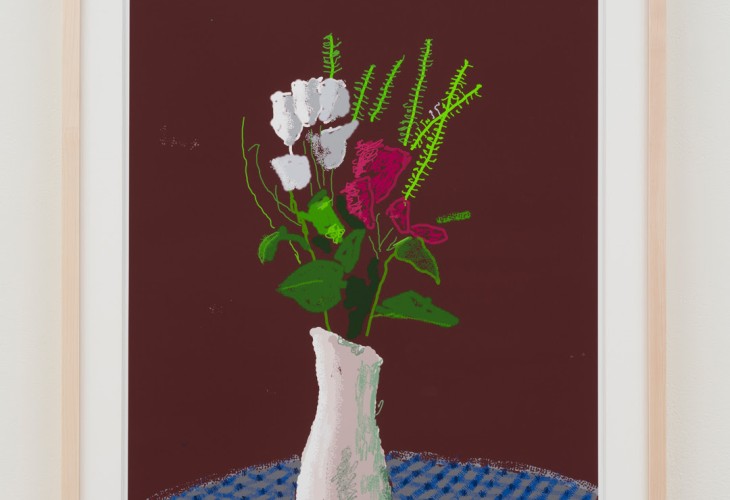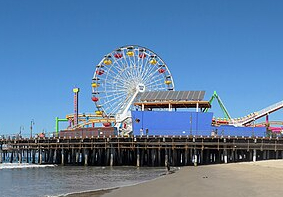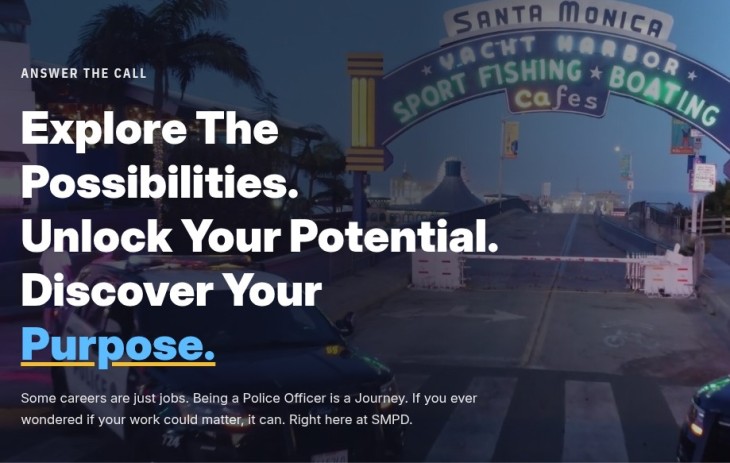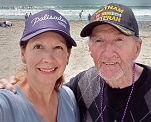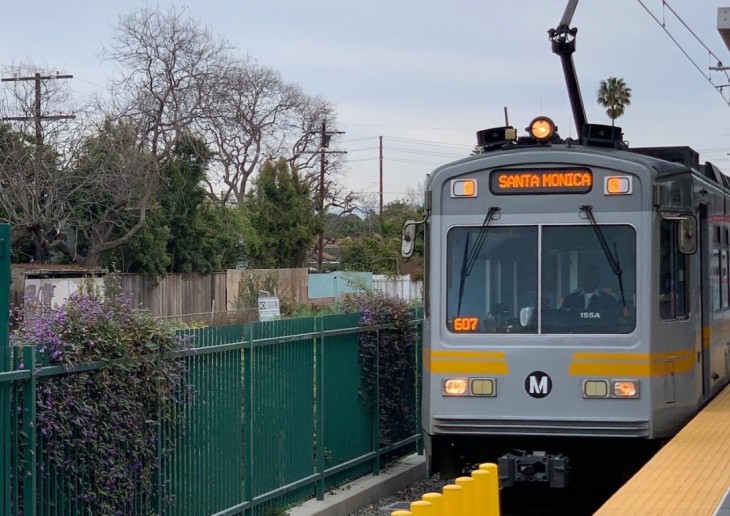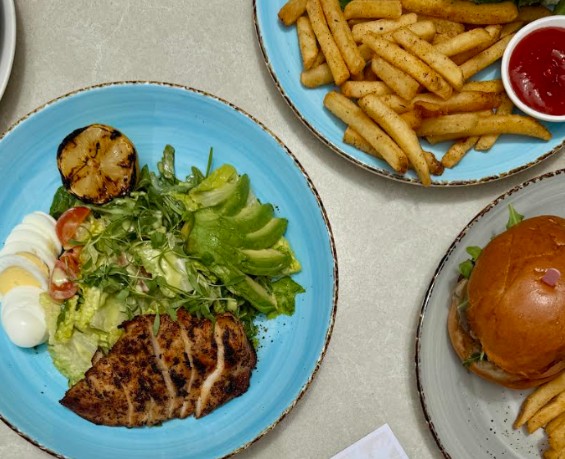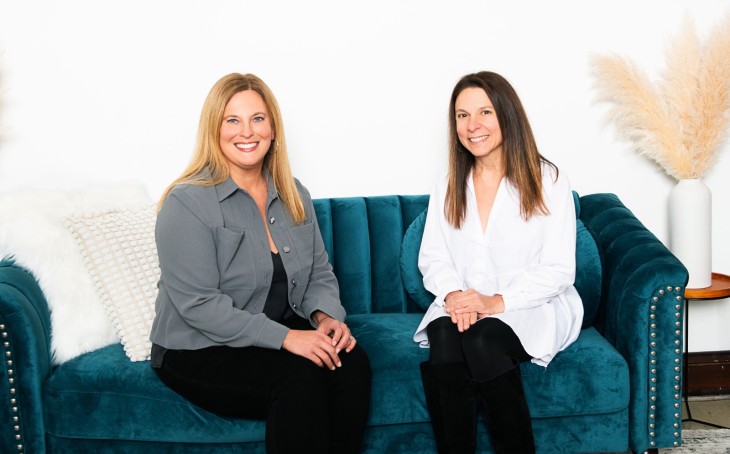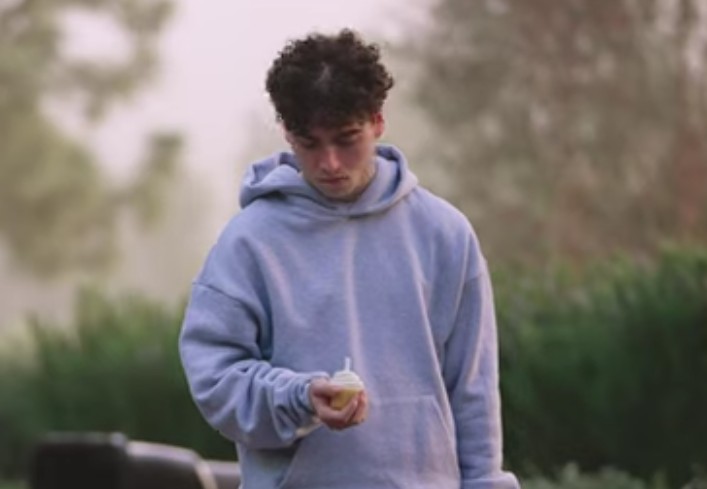Science has proven that the quality and quantity of the food you consume has a lasting impact on your longevity. There is nothing like fresh, whole foods to maintain your health and well-being; however, many foods can take weeks to travel from the fields they are harvested from to arrive at your table. These items are preserved by nitrogen or other artificial means, making them appear fresher. Moreover, foods treated with pesticides and artificial fertilizers have a lower nutritional value than foods grown organically. Here are a few questions that I am commonly asked about nutrition and the quality of fruits or vegetables.
Organic vs. Non-organic: Is it necessary to eat organic food?
While organic is always a nutritious choice, it is not always possible to buy organic. The primary reason for buying organic is that you want wholesome, nutrient-rich food that isn’t covered in dangerous pesticides and other chemicals. Even the foods grown below ground or those that have peels are not always safe from pesticides.
• If you have to make a choice, these fruits and vegetables test the worst, so buy organic: apples, bell peppers, carrots, celery, cherries, grapes (imported), kale, lettuce, nectarines, peaches, pears, and strawberries.
• When tested, these have the least amount of pesticides: avocados, asparagus, broccoli, cabbage, eggplant, kiwi, mangos, onions, papaya, pineapples, sweet corn, sweet peas, sweet potatoes, tomatoes, and watermelon.
Does peeling or washing fruits and vegetables help remove the pesticide?
Peeling helps reduce pesticides, but you lose valuable nutrients when the skin is discarded. Rinsing helps, but does not eliminate surface pesticides and residues of chemicals completely. Here is an effective method for washing produce: soak veggies and fruits in a large pot of cold water for five minutes, add a tablespoon of sea salt and one tablespoon of vinegar, then use a colander to rinse under running water for several minutes. For fragile produce that shouldn’t be scrubbed, simply soak it in a salt and vinegar solution for five minutes and then rinse thoroughly.
Your best approach is to eat a varied diet, rinse all of your produce, and buy organic whenever possible.
Do you lose nutritional value when you freeze food?
In general, freezing food doesn’t lessen its nutritional value if you freeze the food when it is at peak quality. For example, if berries are flash-frozen right at picking, there’s very little loss of nutrients. In fact, nutrients are better retained in frozen fruits and vegetables than in those that are transported long distances to their destination. Produce actually begins to lose valuable vitamins and minerals soon after picking, especially at room temperature and above. Freezing a few hours after harvesting can help prevent this. It is only when food is stored and sits for a long period of time that it starts to lose the nutritional value of its vitamins, especially the B and C Vitamins.
You say water should not be stored in plastic. What about the regular-brand bottled water we buy? We need bottled water to use outside of our homes.
The reason that I do not suggest storing water in plastic bottles is that polychlorinated biphenyls (PCBs) in plastic containers leach into the water. Additionally, many reports have surfaced that indicate the hazards of tap water. Is bottled water any safer than tap water? Tests have discovered that some bottled waters contained more chlorine by-products than surface and ground waters. And the pesticides, herbicides, and pharmaceuticals that are found in household tap water are appearing in bottled water with alarming frequency.
And all those plastic bottles piling up in landfills aren’t good for our planet. If you want to have water on the go, whenever possible, I suggest you use an Aquasana water filter in your home, and a reusable thermos.
May you live long, live strong, and live happy!
Dr. Mao Shing Ni, best known as Dr. Mao is a bestselling author, doctor of Oriental Medicine and board certified anti-aging expert. He has appeared regularly on “Dr. Oz,” “The Doctors,” and “EXTRA.” Dr. Mao practices acupuncture, nutrition, and Chinese medicine with his associates at the Tao of Wellness in Santa Monica and Newport Beach. Dr. Mao and his brother, Dr. Daoshing Ni founded Tao of Wellness more than 25 years ago in addition to also founding Yo San University in Marina del Rey. To make an appointment for evaluation and treatment please call 310.917.2200 or you can email Dr. Mao at contact@taoofwellness.com. To subscribe to his tip-filled newsletter please visit www.taoofwellness.com.


